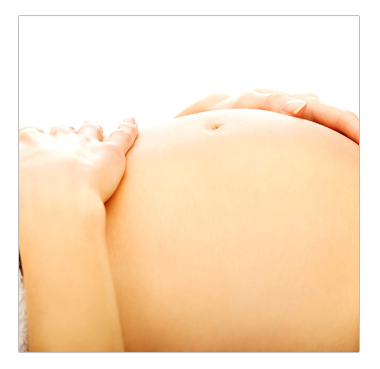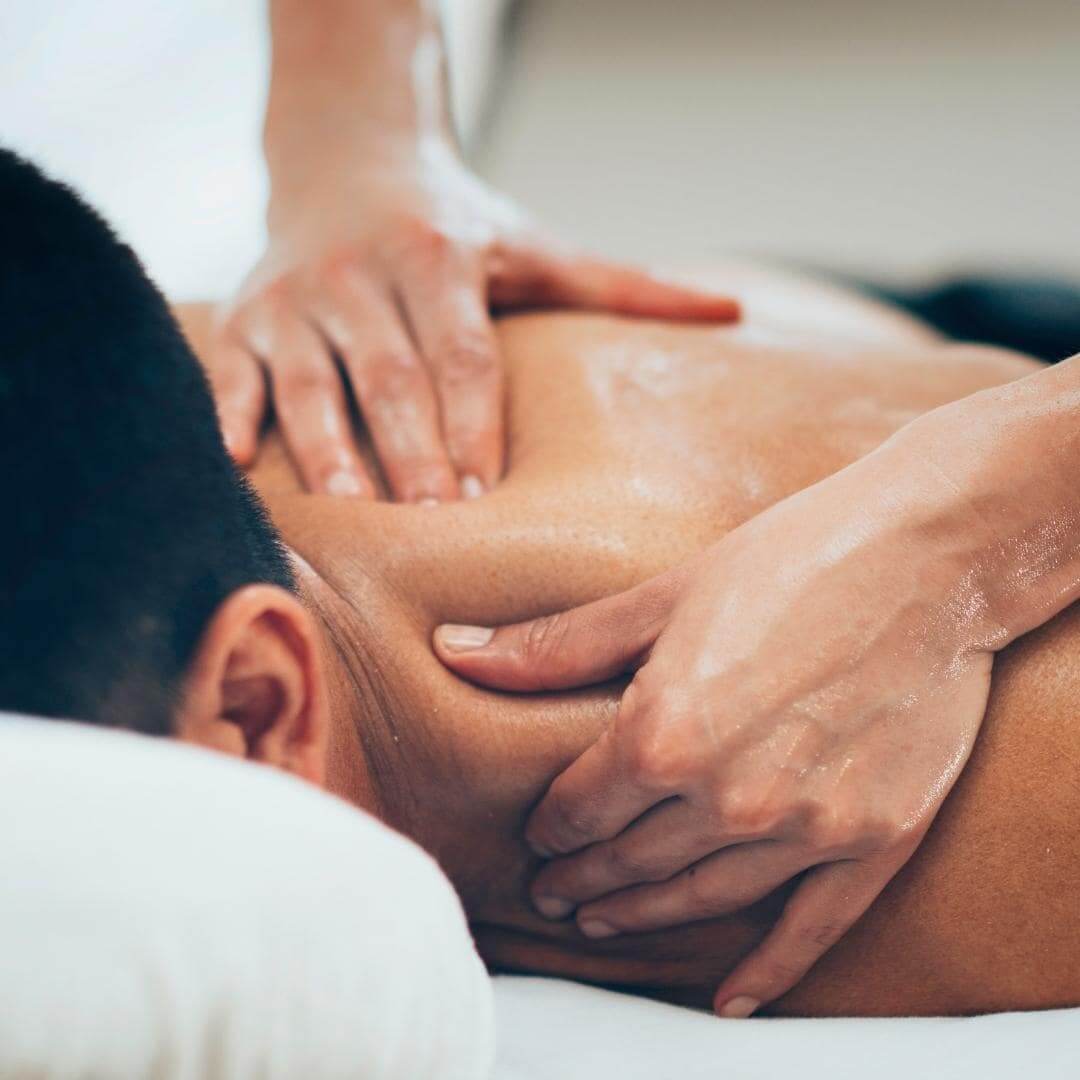
Prenatal massage, a therapeutic practice tailored to the unique needs of expectant mothers, offers numerous benefits for both physical and emotional well-being during pregnancy. Despite its proven advantages, several myths and misconceptions surround this form of massage therapy. In this article, we will debunk these myths and shed light on the truths behind prenatal massage.
Myth 1: Prenatal Massage is Unsafe
One of the most prevalent myths surrounding prenatal massage is the belief that it can harm the mother or the baby. In reality, when performed by a skilled and certified therapist, prenatal massage is a safe and effective way to relieve the discomforts associated with pregnancy. A certified prenatal massage therapist has specialized training and is well-versed in the anatomical and physiological changes that occur during pregnancy, ensuring that the massage is tailored to the specific needs of the mother.
Myth 2: Prenatal Massage is Only for Relaxation
While relaxation is a significant component of prenatal massage, its benefits extend far beyond that. Prenatal massage can help alleviate common discomforts associated with pregnancy, such as back pain, sciatica, and swollen ankles. It can also reduce stress and anxiety, improve sleep quality, and boost overall well-being. Moreover, it can aid in improving blood circulation and reducing edema, which is essential for the health of both the mother and the baby. Though, I’ll add in most cases cupping massage is contraindicated during pregnancy.
Myth 3: Prenatal Massage Can Induce Labor
A widespread misconception is that prenatal massage can induce labor prematurely. In truth, a skilled prenatal massage therapist is well aware of the specific pressure points to avoid, which could potentially trigger contractions. Prenatal massage is carefully designed to be safe throughout the entire pregnancy, and when done correctly, it does not induce labor. However, it’s crucial to discuss your pregnancy stage and any concerns with your therapist to ensure a safe and appropriate treatment.
Myth 4: Prenatal Massage is Uncomfortable
Another myth is that prenatal massage can be uncomfortable for expectant mothers. However, a skilled therapist will always prioritize your comfort and safety. Prenatal massage tables are often equipped with special padding and cushions to accommodate the changing contours of a pregnant woman’s body. The therapist will also adjust their techniques to ensure the client’s comfort and satisfaction.
Myth 5: Prenatal Massage is a Luxury
Some people believe that prenatal massage is a luxury rather than a necessity during pregnancy. While it’s true that prenatal massage can be a pampering experience, it serves as much more than that. The relief from common pregnancy-related discomforts, stress reduction, and improved overall well-being are crucial components of maintaining a healthy pregnancy. In many cases, prenatal massage is a valuable part of self-care and can contribute to a smoother and more comfortable pregnancy.
Myth 6: Prenatal Massage is the Same as Regular Massage
Prenatal massage is a specialized form of massage therapy, distinct from regular massages. Prenatal massage therapists are trained to work with pregnant women, understanding the anatomical and physiological changes that occur during pregnancy. They use techniques specifically adapted to accommodate these changes, ensuring the safety and comfort of the expectant mother. Regular massage therapists may not have the same level of expertise or knowledge about the unique needs of pregnant clients.
Myth 7: Prenatal Massage is Only for Women with High-Risk Pregnancies
Prenatal massage is beneficial for all pregnant women, not just those with high-risk pregnancies. While it can be particularly helpful for women with high-risk conditions, such as gestational diabetes or preeclampsia, it is equally beneficial for women experiencing a low-risk pregnancy. The stress relief, pain reduction, and overall well-being improvements that prenatal massage provides are relevant to all expectant mothers.
By debunking the myths of prenatal massage, you can see that it is a safe and beneficial practice for expectant mothers, offering a wide range of advantages beyond mere relaxation. It can alleviate discomfort, reduce stress, and improve overall well-being during pregnancy. By debunking these common myths and misconceptions surrounding prenatal massage, I hope to encourage more expectant mothers to explore this valuable form of massage therapy for a healthier and more comfortable pregnancy.


